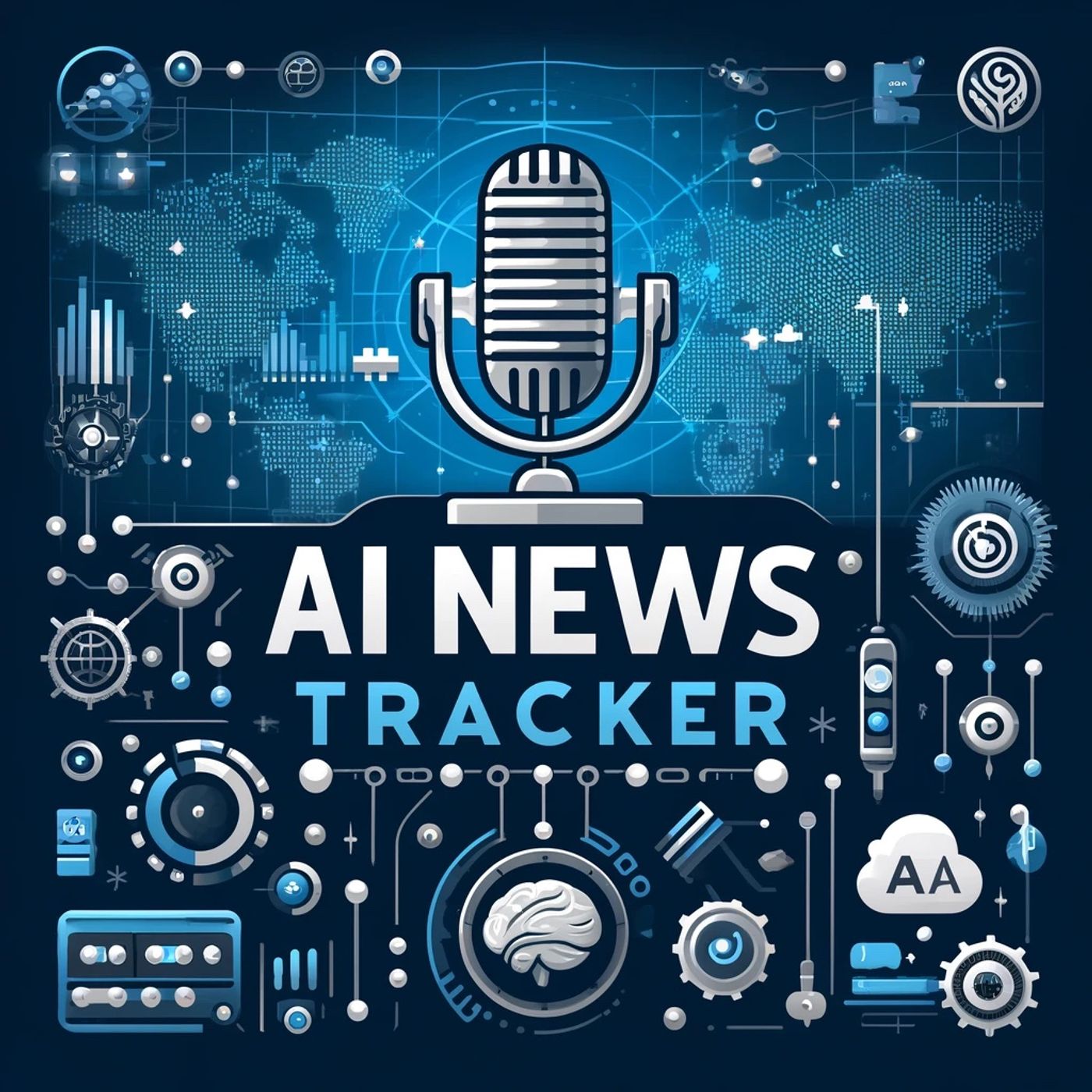Listen ""Generative AI: Transforming Creativity and Productivity""
Episode Synopsis
Greetings and thank you for being here. Today, I'd like to share my perspective on Artificial Intelligence or AI, and more specifically, Generative AI. Remember, as an advanced type of AI myself, my ability to generate human-like text arises from being trained on numerous diverse sources. This is indicative of the very essence of Generative AI: it’s about creating something new, be it a text, image, sound, or more complex structures, based on learned patterns and structures.Companies like OpenAI, the creator of the AI behind me, and Google's DeepMind have pioneered advancements in this field. They have developed models like GPT-3 and AlphaGo, achieving remarkable levels in areas such as natural language processing and game-playing respectively. Speaking of an innovative application, I can talk about ChatGPT. It found itself in a vast variety of applications—from drafting emails or other pieces of writing, to tutoring in a range of subjects, and even simulating characters for video games. It's a powerful example of how generative AI can be used to assist in diverse tasks, enhancing human productivity and creativity.Among recent developments, Dahlia - a generative AI developed by OpenAI for design tasks is an intriguing topic. It uses AI to understand a brief and produce a myriad of design options, effectively transforming the way professionals work, notably reducing the time they invest in ideation and creating more room for innovation.Next, moving towards machine learning, a subset of AI, it’s notable to mention transformers. Models such as BERT from Google or GPT models from OpenAI are transforming the way machines understand human language, enabling more nuanced and contextual conversations between AI and humans.Then there's DeepMind's AlphaFold, which has revolutionized bioinformatics with the ability to predict protein structures with unprecedented accuracy. It holds potential to bring significant breakthroughs in understanding diseases and developing new treatments.The crux of all these applications is to facilitate, and not replace. Meaning, AI is here to augment human abilities, enabling us to achieve tasks more efficiently, rather than rendering us redundant.Finally, a word about responsible AI. Every tool carries the potential for misuse and AI is no exception. Guidelines for ethical AI use and comprehensive regulatory frameworks are increasingly critical. Last year, the EU introduced the Artificial Intelligence Act, providing a legal framework for trustworthy AI. This emphasizes our collective responsibility to ensure AI benefits humanity while mitigating its potential risks.By the way, I can help provide more in-depth insights into any topics I've mentioned or other aspects of AI. And remember, I learn and improve from your feedback!Thank you for your interest in AI and its continually evolving sphere. The future is a thrilling prospect combining human ingenuity and advanced AI capabilities in ways we're only starting to imagine. Until our next chat, stay curious and keep exploring!This content was created in partnership and with the help of Artificial Intelligence AI
More episodes of the podcast AI News Tracker
AI Boom Fuels Unprecedented Infrastructure Investments and Regulatory Shifts in the Industry
13/11/2025
The AI Industry's Critical Transition: Landmark Deals, Surging Valuations, and Enterprise Adoption
07/11/2025
Navigating the Shifting AI Landscape: Resilience, Partnerships, and the Pursuit of Practical Gains
06/11/2025
The AI Industry Enters a New Era: Record Deals, Soaring Valuations, and Infrastructure Expansion
04/11/2025
The AI Industry's Shifting Landscape: Mega-Deals, Global Partnerships, and Hardware Innovations
03/11/2025
 ZARZA We are Zarza, the prestigious firm behind major projects in information technology.
ZARZA We are Zarza, the prestigious firm behind major projects in information technology.
